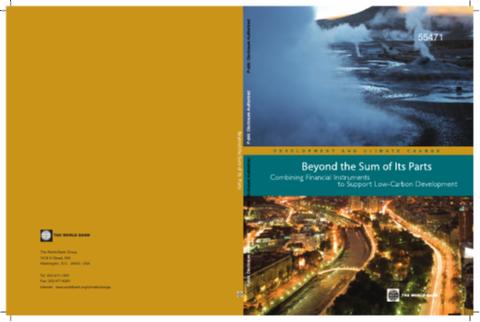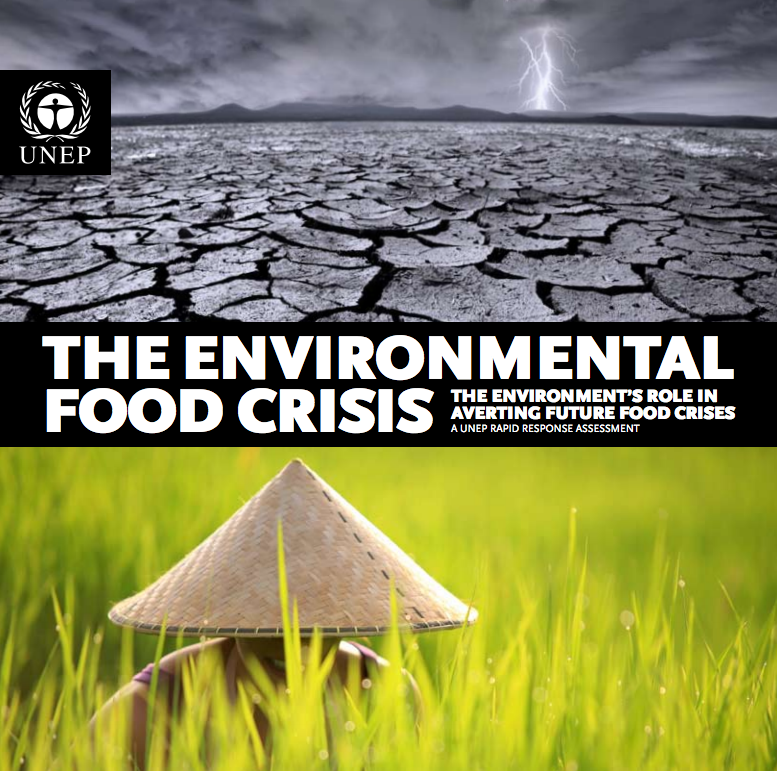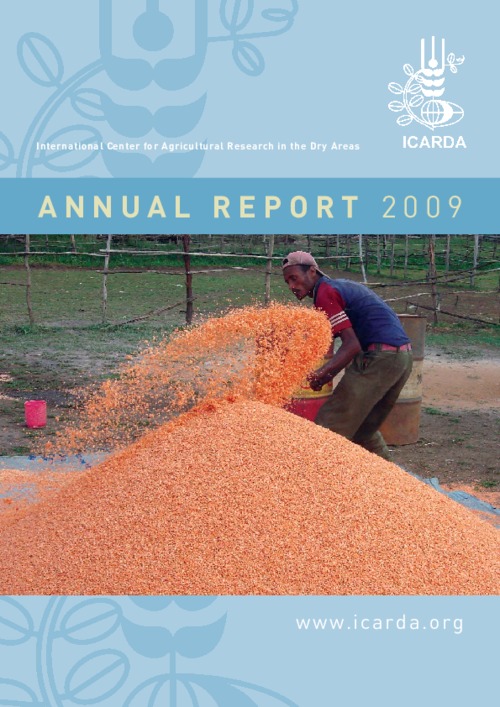Irrigation in the context of today's global food crisis
During 2008 the world witnessed a global food crisis which caused social unrest in many countries and drove 75 million more people into poverty. The crisis resulted from sharply higher oil prices, increased bio-fuel production, dwindling grain stocks, market speculation, changing food consumption patterns in emerging economies, and changes in world trade agreements, among other factors. Although the rise in food prices was sudden, the fragility of global food security had been developing for years.








